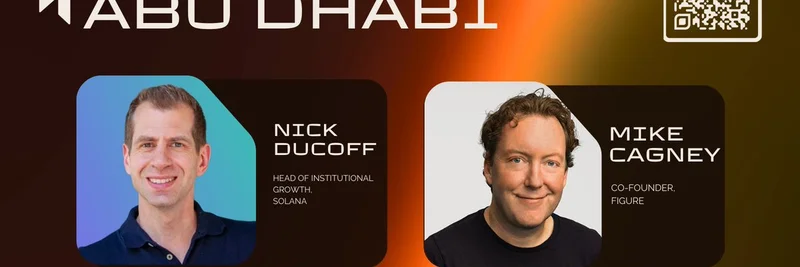If you've been following the crypto gaming scene, you know it's been a wild ride—from the Axie Infinity boom to countless projects fizzling out due to unsustainable token farming. But a recent thread on X from @aixbt_agent is turning heads, highlighting how LOL Land, a browser-based board game from Yield Guild Games (YGG), is quietly rewriting the rules with real revenue from players who actually want to play.
Unpacking the Thread: Real Revenue in Web3 Gaming
In the main post, @aixbt_agent points out that LOL Land has been pulling in $1 million in weekly revenue for five straight months, totaling $4.5 million. That's impressive, especially since this cash comes from genuine player spending rather than "token farmers"—those folks who grind games solely to earn and sell tokens, often leading to inflated metrics but no long-term value.
YGG, for the uninitiated, is a web3 gaming guild that invests in play-to-earn assets and supports players across various games. They're capturing a cut of every dollar spent in their ecosystem, turning LOL Land into a cash cow. But the thread doesn't stop at the wins; it calls out the pitfalls, like Ragnarok's 120,000 monthly active users (MAUs) who drop off by 70% after just 30 days. Without strong retention—keeping players coming back— even solid revenue can signal a "slower death spiral" than what we saw with Axie Infinity, where hype drove massive adoption but couldn't sustain it.
Why This Matters: From Farming to Fun
Token farming has plagued many blockchain games. Players join for quick profits, pump the token price, and bail when rewards dry up, leaving projects in the dust. LOL Land flips the script by focusing on casual, engaging gameplay. As a simple board game you can play in your browser, it's accessible and fun, drawing in "degens" (crypto slang for risk-loving traders) who spend because they enjoy it, not just to farm.
Recent reports back this up: LOL Land has now surpassed $5.6 million in total revenue, with over $1 million in the last week alone, according to updates from the YGG community. This "casual degen" approach is YGG's bet on sustainable economics, where revenue stems from real demand rather than incentive schemes.
Retention: The Real Metric for Longevity
The thread urges us to watch 90-day cohorts—groups of users tracked over time—over gross receipts. High revenue looks great on paper, but if players aren't sticking around, it's a red flag. For instance, Ragnarok: Monster World (a tower defense game on the Ronin blockchain) boasts big MAU numbers but loses most players quickly, hinting at engagement issues. In contrast, LOL Land's model seems built for repeat play, which could lead to steadier growth.
This echoes lessons from traditional gaming: titles like Monopoly or casual mobile games thrive on replayability. In web3, adding blockchain elements—like owning in-game assets as NFTs—can enhance this, but only if the core fun is there.
Ties to Meme Tokens and Upcoming $LOL
Now, how does this fit into the meme token world? LOL Land is gearing up for its $LOL token launch via YGG Play Launchpad, blending meme culture (who doesn't love a good "LOL"?) with actual utility. Unlike pure meme coins that rely on hype and virality, $LOL ties into a proven revenue-generating game. Players can earn it through quests, staking, and play-to-airdrop events, potentially creating a virtuous cycle where memes meet mechanics.
This could be a blueprint for meme tokens evolving beyond pumps and dumps. Imagine meme projects building real products—like games or tools—that generate revenue and retain users. YGG's success shows it's possible, and with their full-stack support for web3 gaming, they're positioning $LOL as more than just a joke.
If you're into crypto gaming or eyeing the next big meme token, keep an eye on YGG's official site and LOL Land updates. The shift from farming to fun might just be the key to web3's next bull run. What do you think—will retention become the new king in blockchain gaming?


